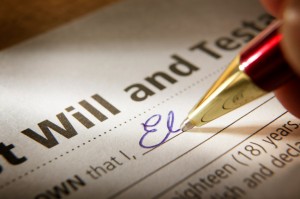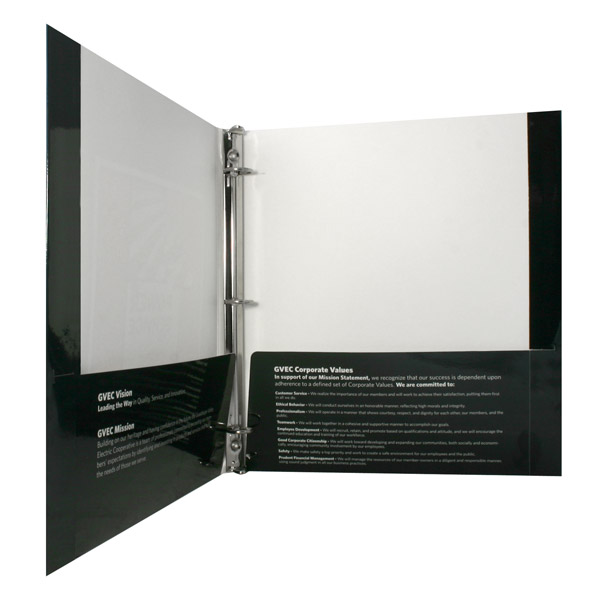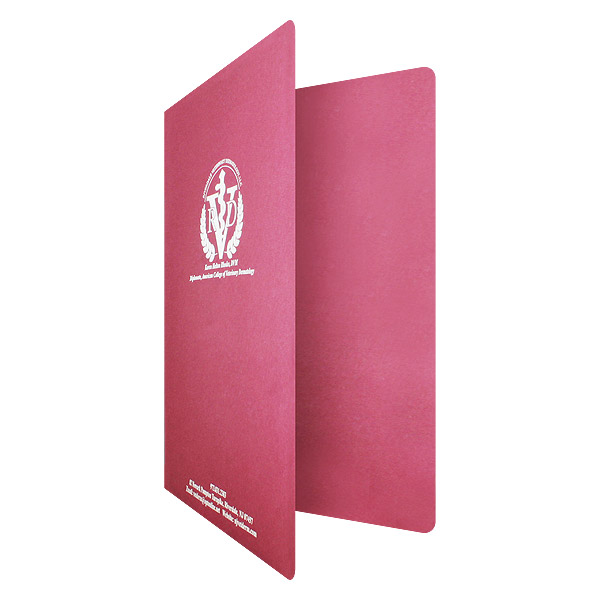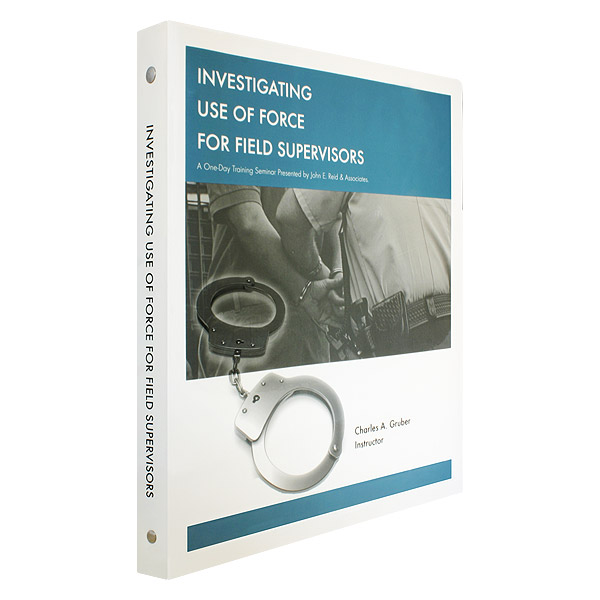Custom legal binders do all of the organizational heavy lifting for you, freeing up your mind to focus on the case itself. However, if you order the same binder for every aspect of your law firm, you’re not utilizing this tool to its full potential. There are several types of binders to choose from, and some may be better-suited to one aspect of law than others. For best results, choose your binder design according to its intended use.
Shop more than 70 different custom 3-ring binders to choose the perfect for style for every occasion.

Whenever a case goes to trial, you will need a binder to plan out your case.
Trial Binders
Every case that you take to trial should have a separate binder to help walk you through the trial procedure. You’ll need sections for everything from your opening and closing statements to witness testimony and cross-examination. Since these are used in a courtroom setting, you want them to look professional and neutral, with index tabs to keep all of the contents easily accessible. A standard 3-ring binder is all you really need, but if you want the extra storage space, go for a pocket binder instead.
Exhibit Binders
When a case has multiple exhibits of evidence, you’ll need custom legal binders to keep this information organized. Arrange your binder according to the order of the exhibits and give a copy to both the opposing attorneys and the judge. Insert binder sleeves so you can include photographs of all the evidence. This allows everyone to follow along and get more details on the evidence as you present it.

Cases with several depositions will require separate deposition binders.
Depositions
Depositions can go into a normal trial binder, but when there are multiple depositions, it’s easier to collect them into a deposition binder. Organize one binder with all of the depositions from a single case and use tabs to divide between the different statements. If you have a large amount of depositions for a case, you may need one binder for each person of interest. Include a CD or DVD pocket with recorded testimony for each witness.
Medical Records
For cases involving personal injury, medical malpractice or worker compensation, you need to organize medical binders for your clients. Include a full medical history, organized and grouped in a chronological order so that you can easily demonstrate your client’s health issues. This is another area where pockets and binder sleeves come in handy– to store x-rays, photographs of injuries and other medical evidence.

Binders are essential in estate planning to keep track of assets.
Estate Planning
Binders are required for estate planning to keep track of assets and to make it easier for grieving families to find this information when a loved one has passed away. Since estate planning binders are really only used on rare occasions, you can experiment with adding a slip case or portfolio flap for an added level of security and style.
Other Legal Binders
Depending on the particular trial or legal procedure, you might find yourself needing additional binders to keep track of particularly large volumes of information. For example, if your case has a number of expert witnesses or a large amount of discovery, you’ll need separate binders for this information if your trial binder can’t hold it all. If you practice environmental law, then eco-friendly binders are an absolute must.
When designing your custom legal binders, remember that you’ll use them for several different purposes. However, depending on the situation, you may find it a good investment to order multiple binder designs for different uses. A personal injury lawyer would need both general purpose binders and medical record binders for every client. Consider your options and pick the plan that works best for your needs.
This post is a part of our Binders 101 product guide.





